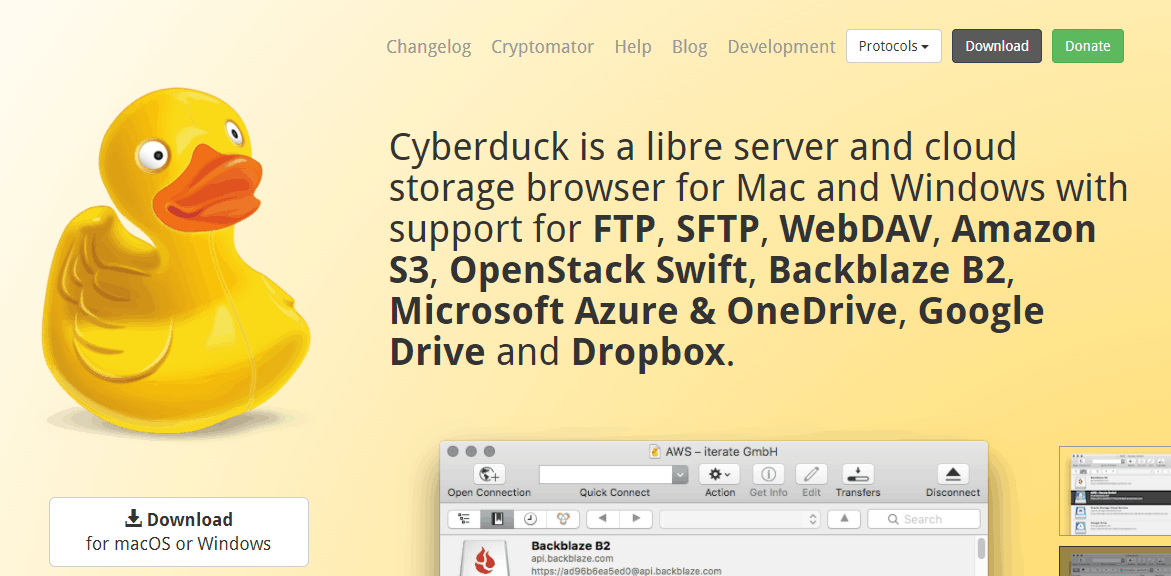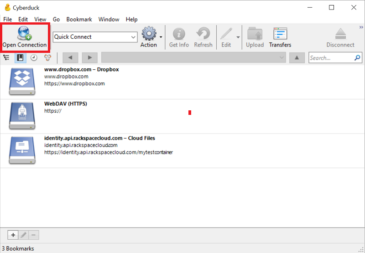

Update – Decem4:38 PM ETĪccording to reports, Log4Shell vulnerability can be exploited locally by leveraging Javascript WebSocket connection to trigger the remote code exploit (RCE). We will provide an ETA by 10 PM ET today if not earlier. We are aware of a third update to Log4j, v2.17 (CVE-2021-45105), and are working on building QIDs for it. QID for CVE-2021-45105 will be available on or before 6 PM PDT on Dec 18.Two new option profiles for authenticated and unauthenticated Log4Shell scans are now added to the platform.They are part of VULNSIGS-2.5.357-9 or later. They are part of VULNSIGS-2.5.359-3 or later. They read the file generated by the Qualys Log4j Scan Utility and the signatures for addressing them are released at 1 PM ET on Dec 20th. Qualys is aware of false negatives for QID 376160, 376193.
CYBERDUCK LOG4J VULNERABILITY SOFTWARE
Update – Decem5:55 AM ETĪdded information about new rule and dashboard in CSAM to quickly figure out the vulnerable software and hosts.

This issue is now resolved, and the fix will be rolled out by 11 PM ET today. Update – Decem7:53 PM ETĪ bug in external scanners could result in false negatives when unauthenticated Log4Shell scans were run with external scanners. Please review Qualys KB for CVE-2021-44832 to find all QIDs for this CVE. Please click here for comprehensive details of the changes. Log4j QIDs have undergone many changes recently that include enhancement in reporting, fix for false positives on Linux when JNDI lookup class is deleted in QIDs 376157, 376178 and a new QID (48021) which prints the summary of the Qualys Scan utility. Log4j QID 376187 has been updated to include enhancement in reporting, fix for false positives on Linux when JMSAppender class is deleted in QID 376187. Visit /was-log4shell-help to get started. Take advantage of our free service to quickly detect vulnerabilities in your external attack surface. As a result, it is rated at CVSS v3 score of 10.0.Īpache Log4j2 version 2.16.0 fixes this vulnerability. The vulnerability, when exploited, results in remote code execution on the vulnerable server with system-level privileges. Created by Ceki Gülcü, the library is part of the Apache Software Foundation’s Apache Logging Services project.

Log4j2 is a ubiquitous library used by millions for Java applications.


 0 kommentar(er)
0 kommentar(er)
